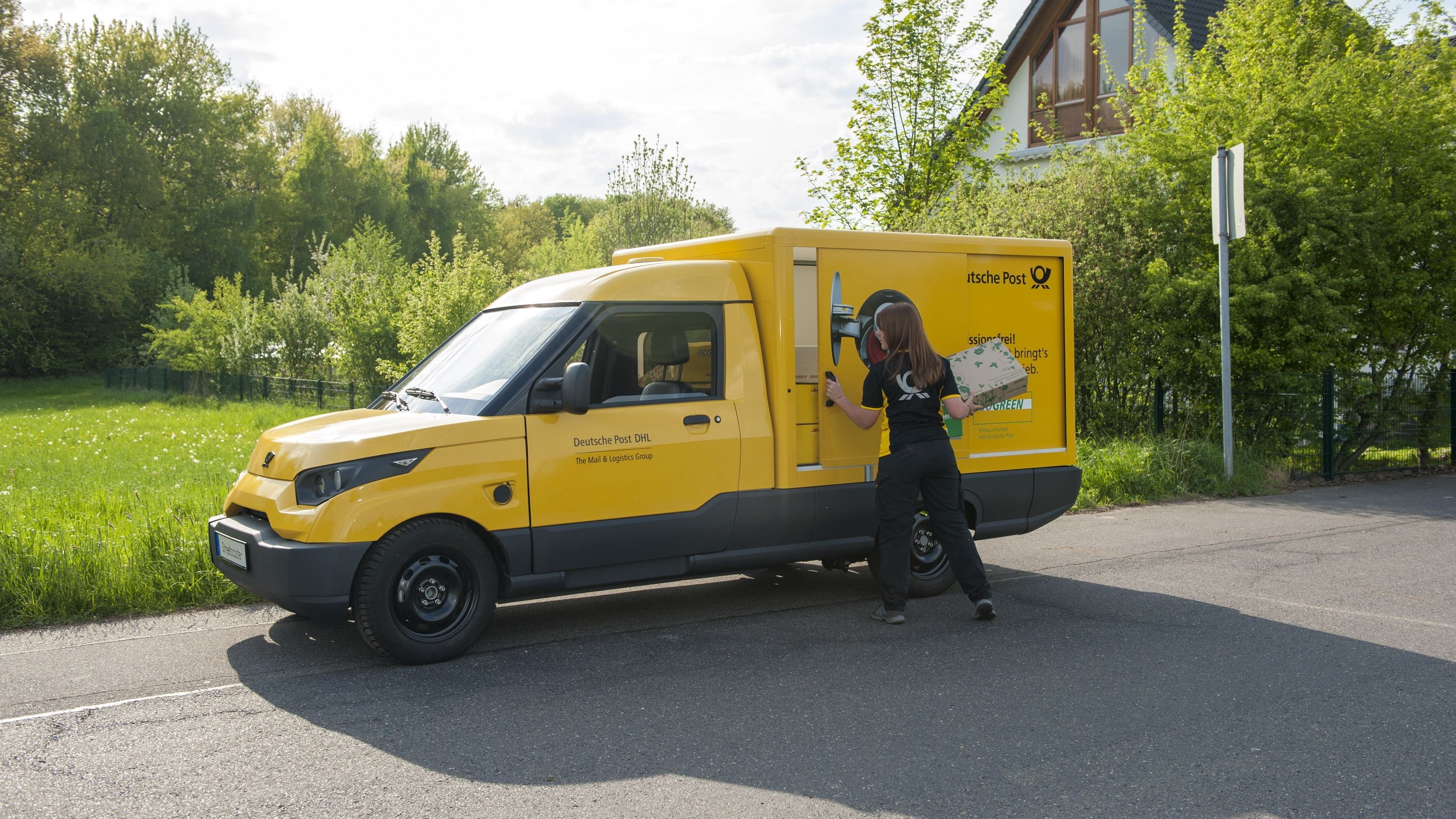German logistics giant Deutsche Post (known as DHL across Europe) is about to become a major threat to mainstream automakers after it has quietly designed and built its own electric delivery van. Dubbed StreetScooter and made with help from 80 suppliers, including Bosch and Hella, DHL's electric hauler will replace the company's fleet of conventional Volkswagen Caddy vans. DHL, which is also using Renault Kagoo Z.E. EVs, operates around 1,000 StreetScooters and plans to build 5,000 units a year in order to replace the 30,000 gas- and diesel-powered vans in its current fleet.
DHL's new strategy is already creating great concern among automakers, especially Volkswagen, which will see its contract for the Caddy vans cancelled. Volkswagen CEO Matthias Mueller went as far as to say that the company is "annoyed beyond measure" about DHL building the StreetScooter on its own.
"I, of course, ask myself why Post did not talk to our VW Commercial vehicles division about doing something similar. Let’s see if we can still get a foot in the door there," he said according to Reuters. However, Mueller did not mention the fact that DHL has been refused by several automakers because it wanted a limited number of cars. In other words, Volkswagen would have been happy to provide DHL with an electric van, but only as the logistics company ordered more than just a few thousands per year. Obviously, developing a limited-run Caddy EV wouldn't have worked for the company that wants to retain its place at the top of the automotive industry sales-wise.
But DHL didn't waste time trying to convince mainstream automakers to build its a delivery van. Instead, it acquired StreetScooter GmbH in 2014. A former start-up that became a consortium of about 80 companies in the automotive industry and related sectors, StreetScooter was established in 2010 and had already produced its first vans in 2013. The brilliant part of building the StreetScooter is that, because it is working with a network of 80 suppliers, DHL has very little engineering costs to cover.
The electric van uses a 40-horsepower motor that runs for up to 75 miles on a single charge, reaches an electronically limited top speed of 50 mph, and has a payload of 1,400 pounds. A heavier duty, 2,200-pound version is also in the works. The van has been designed to be used 10 hours a day and six days a week over a 16-year service life. DHL says that switching to the electric van will reduce maintenance costs by 50 percent and cut repair costs by as much as 80 percent. These figures have already brought the StreetScooter in the attention of other delivery companies and word has it DHL might sell it to others as soon as it replaces every conventional vehicle in its fleet.
Now this is what really bothers Volkswagen and the like.
Continue reading for the full story.
Why it Matters?
StreetScooter isn't the first start-up project that has materialized in a feasible product, but what DHL did after acquiring the company is definitely a first for the auto industry. Developing electric cars from scratch is very expensive, takes a lot of time, and every single product launched by mainstream automakers has taken years of hard work to become production-ready. Against all odds, DHL managed to create an electric vehicle of its own without having the necessary experience with vehicle manufacturing. It all happened thanks to what is now commonly known as outsourcing, with almost all components and most of the assembly done by other companies.
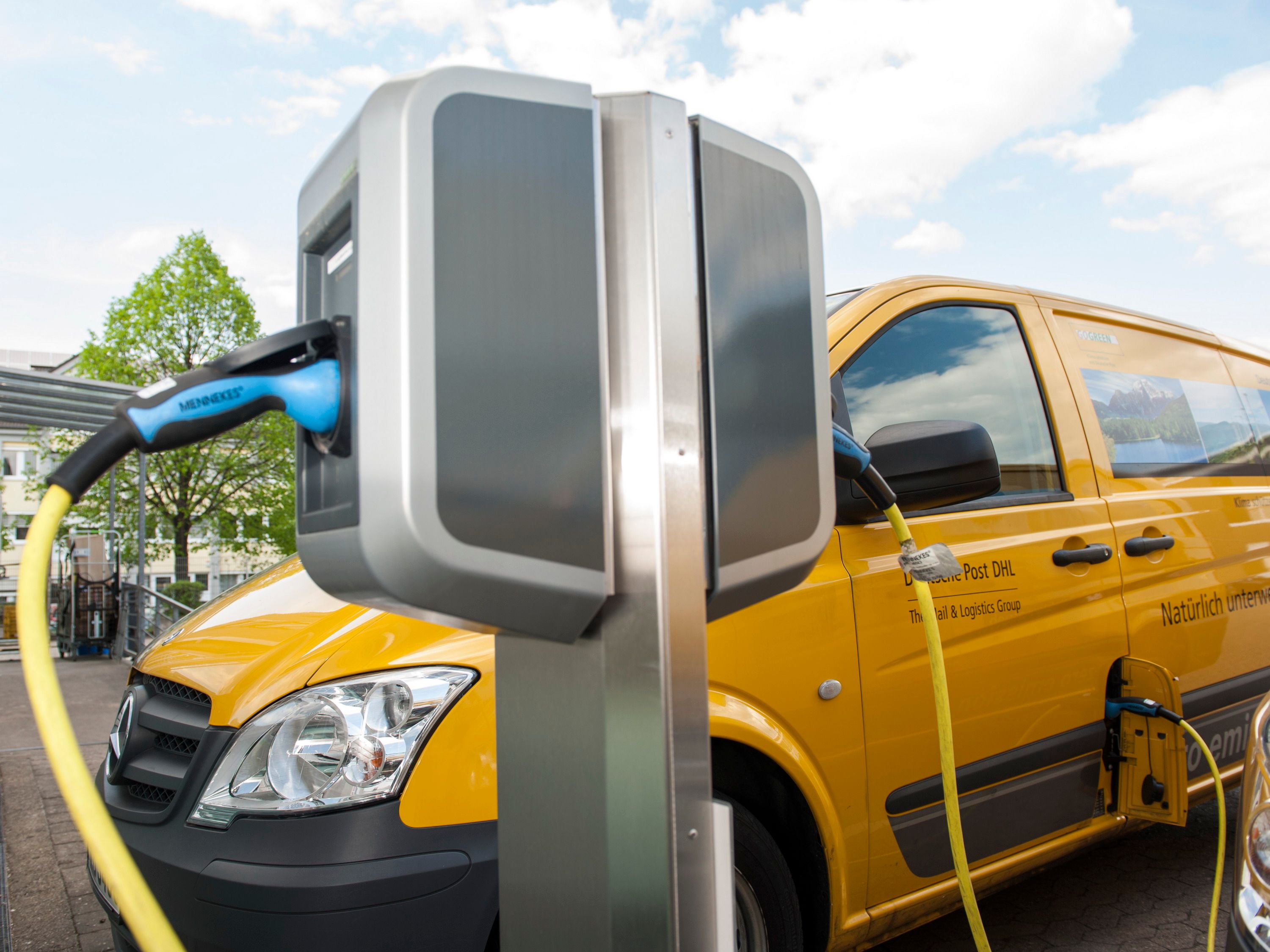
|
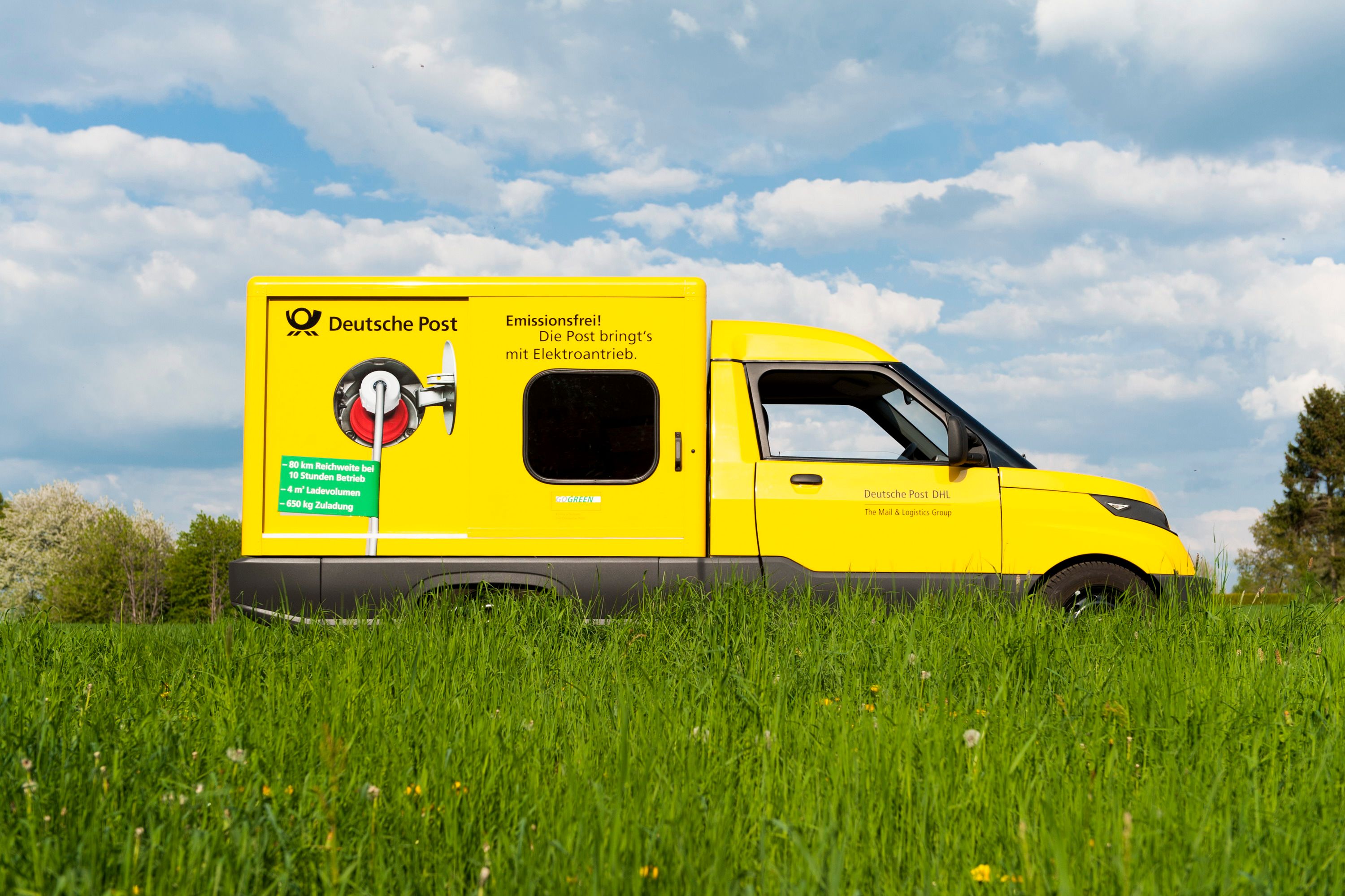
|
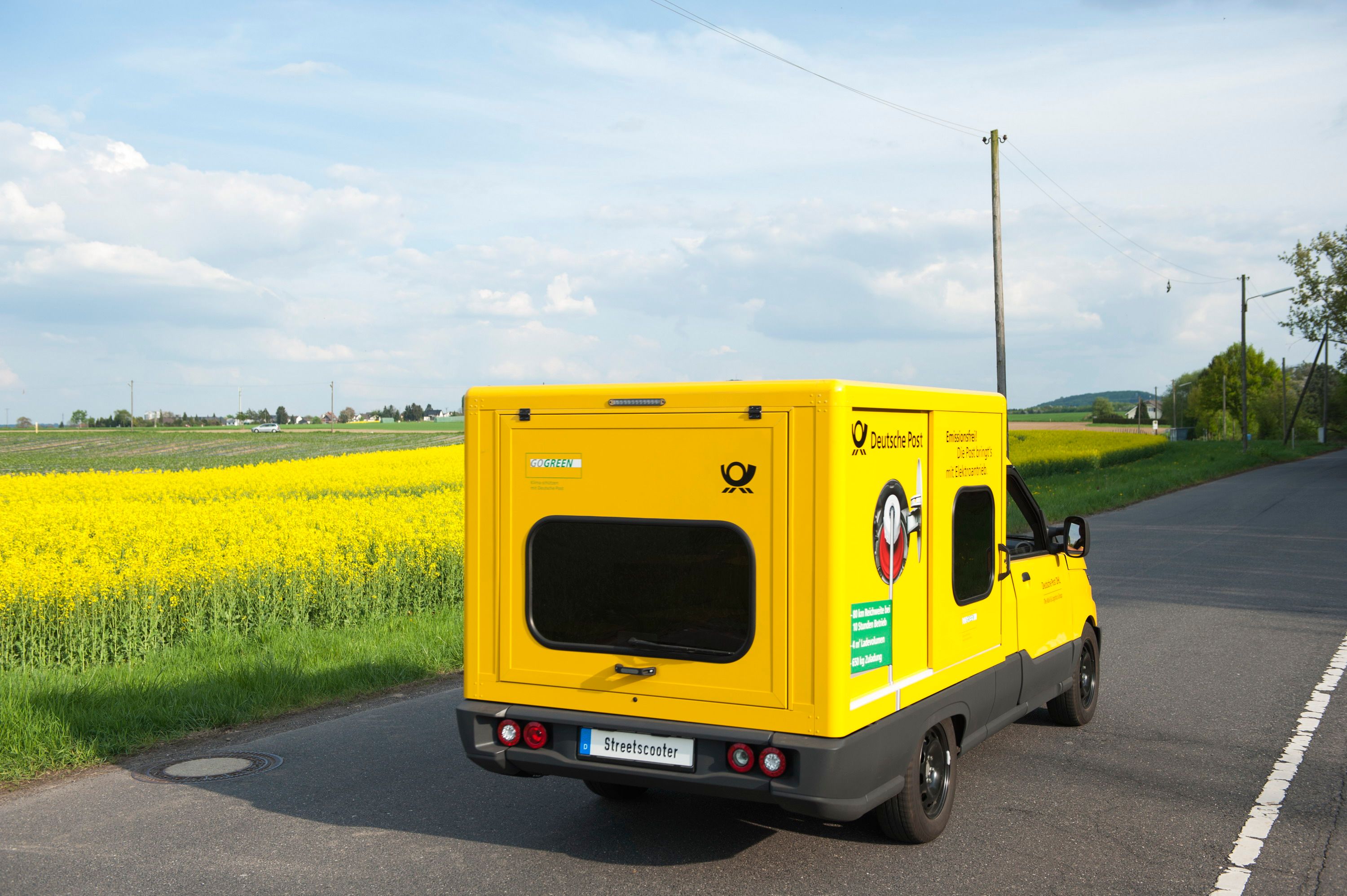
|
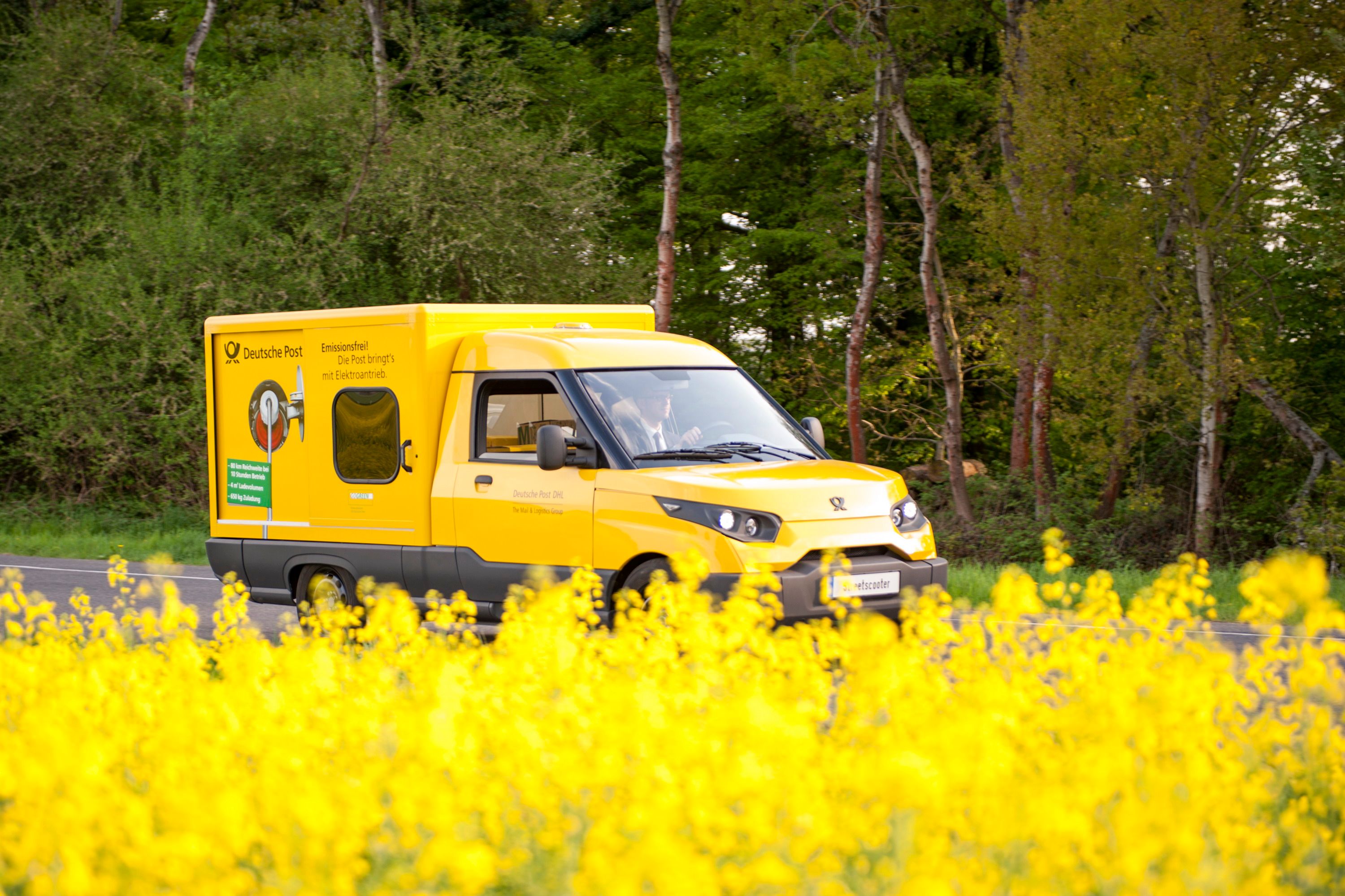
|
Others have tried it in the past, but StreetScooter is the perfect proof that this strategy will work and deliver outstanding results with a solid plan behind it. The fact that automakers are uncomfortable with DHL replacing its entire fleet of conventional vehicles is a strong sign that StreetScooter is already a success and that it could start a trend among other companies. The likes of Volkswagen are also worried that DHL might have opened up a new segment, one which carmakers have ignored in their chase for maximum profits and global domination.
Hopefully this is a lesson all major manufacturers will learn from.

